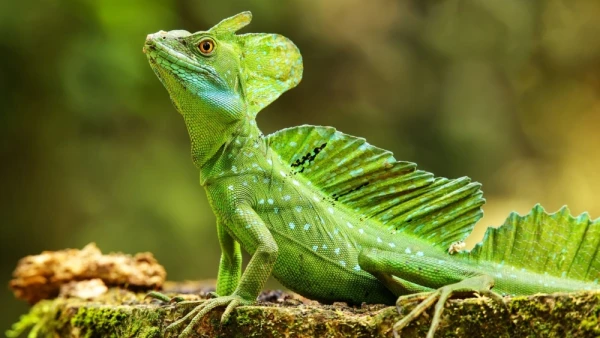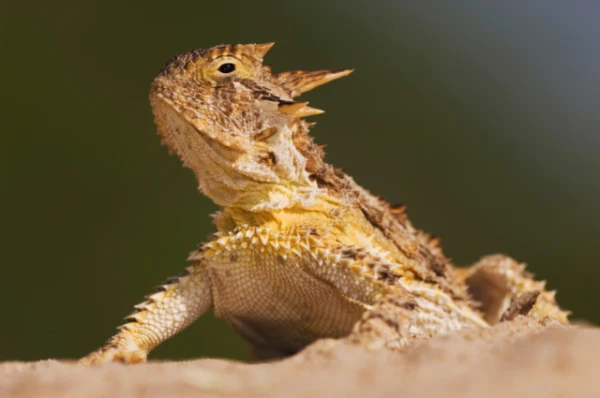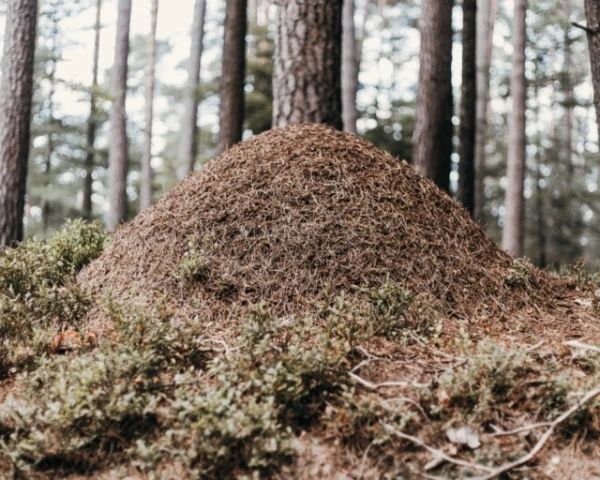
The new method allowed scientists to predict the threat.
Due to climate change, deforestation, and other threats, many animal species may disappear from the face of the Earth. However, existing risk assessment methods, such as the international Red List, primarily rely on data about what has happened to populations in the past. To look into the future, an international team of scientists has developed a new tool — the Proactive Conservation Index (PCI). Details were published in the journal PLOS Biology.
This index assesses how much a given species may be affected by upcoming changes: global warming, the emergence of invasive species, and landscape transformation. It also takes into account the biological characteristics of animals — body size, reproductive rate, and range width.
The researchers applied the PCI to all terrestrial vertebrates on the planet (a total of 33,560 species) and compared the results with data from the Red Book. It turned out that while the overall indicators match, there are also key differences.
The most unexpected finding was the high priority of reptiles. According to the new index, it is lizards, snakes, and turtles that may require the most attention from ecologists in the future — even more than amphibians, which are currently considered one of the most vulnerable groups. Previously, we reported how rare blue iguanas were saved from extinction.
Additionally, the PCI identified many species that are not currently under official threat but are at significant risk of becoming endangered in the near future.
“Our new future-oriented method allows us to identify numerous species and regions that will soon require more attention,” the authors of the study explained.
According to them, the new index does not replace the Red Book but complements it. Its main advantage is the ability to make predictions based on different scenarios.















Leave a comment